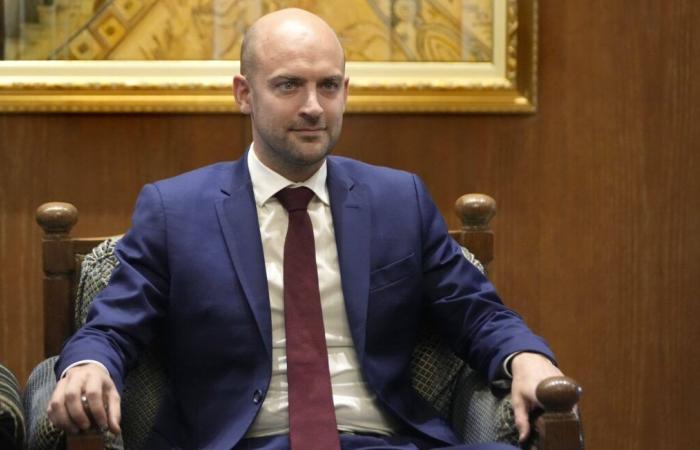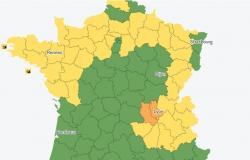They draw first. The heads of French and German diplomacy meet Syrian leader Ahmad al-Chareh on Friday in Damascus. This is the first visit at this level by officials from the major Western powers to the new Syrian authorities, whose first steps are being carefully scrutinized.
Jean-Noël Barrot arrived in Damascus on Friday morning. His German counterpart, Annalena Baerbock, is to join him for this visit “under mandate of the European Union”, she indicated. “Together, France and Germany stand alongside the Syrian people, in all their diversity,” the French Minister of Foreign Affairs wrote on Friday on X. He stressed that the two countries wanted to “promote a peaceful and demanding transition in the service of Syrians and for regional stability”.
The two ministers are due to jointly meet Ahmad al-Chareh, at the head of a coalition led by his radical Islamist group, Hayat Tahrir al-Sham (HTS), which ousted President Bashar al-Assad from power on December 8.
“My trip today, with my French counterpart and on behalf of the EU, is a clear signal to Syrians: a new political start between Europe and Syria, between Germany and Syria is possible “, said Annalena Baerbock. “It is with this outstretched hand, but also with clear expectations of the new leaders, that we go to Damascus today.”
Meet at Saydnaya Prison
Jean-Noël Barrot began his visit with a meeting with religious representatives of the Christian community, worried about the arrival of Islamists in power.
The two ministers plan to go to Saydnaya prison near Damascus, a symbol of the mass repression of Bashar al-Assad's power, before their meeting with the new Syrian leader.
Leaders from many Arab and Western countries have been rushing to Damascus since the fall of Bashar al-Assad. France had already sent emissaries to the new authorities on December 17 and the tricolor flag now flies over its embassy, closed in 2012. Germany, whose embassy has also been closed since 2012, had sent emissaries the same day, in order to establish contacts with the transitional authorities.
All our articles on Syria
Faced with the challenge of unifying the country, Ahmad al-Chareh pledged to dissolve armed factions, notably the HTS group. He announced his intention to convene a national dialogue, without specifying the date or who would be invited, and indicated that the organization of elections in his country could take four years.






